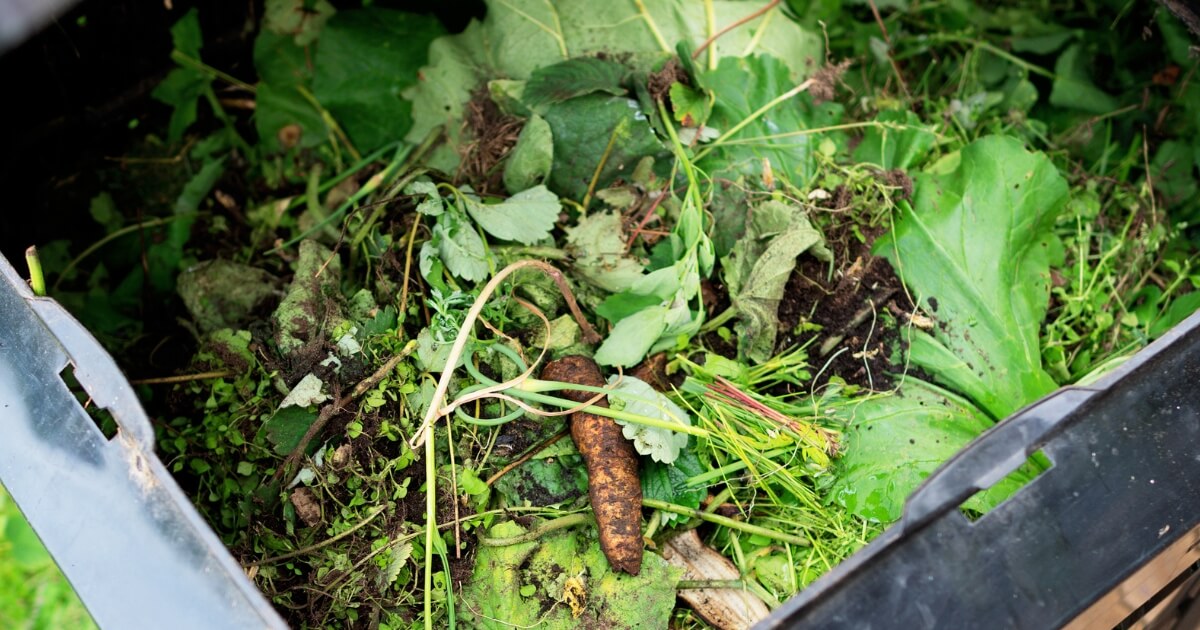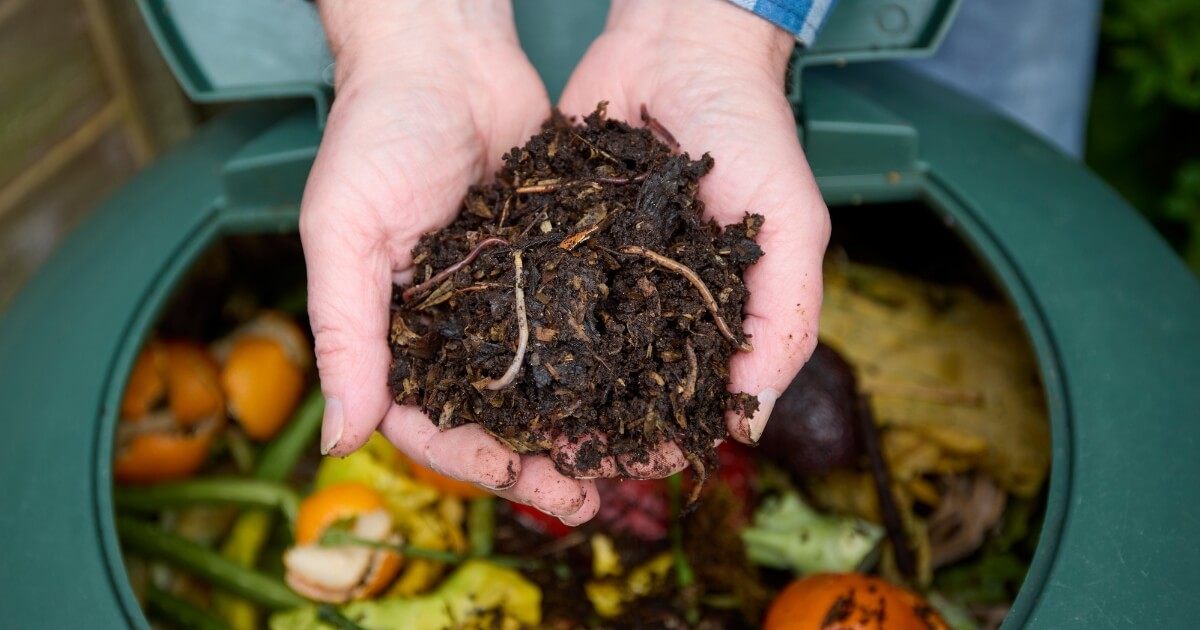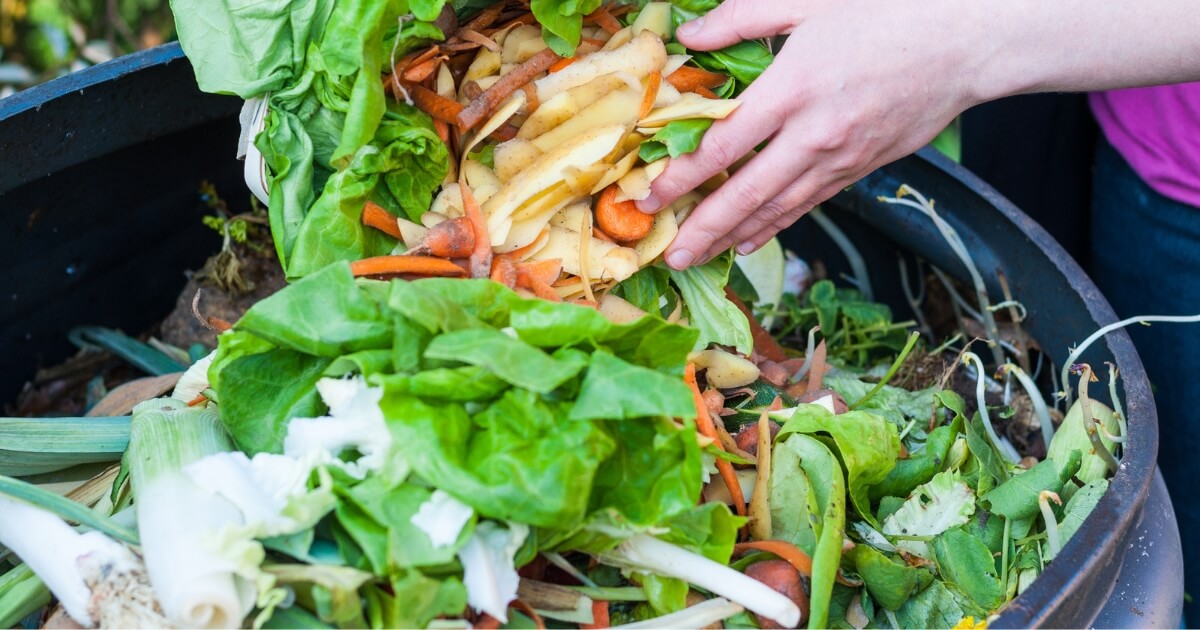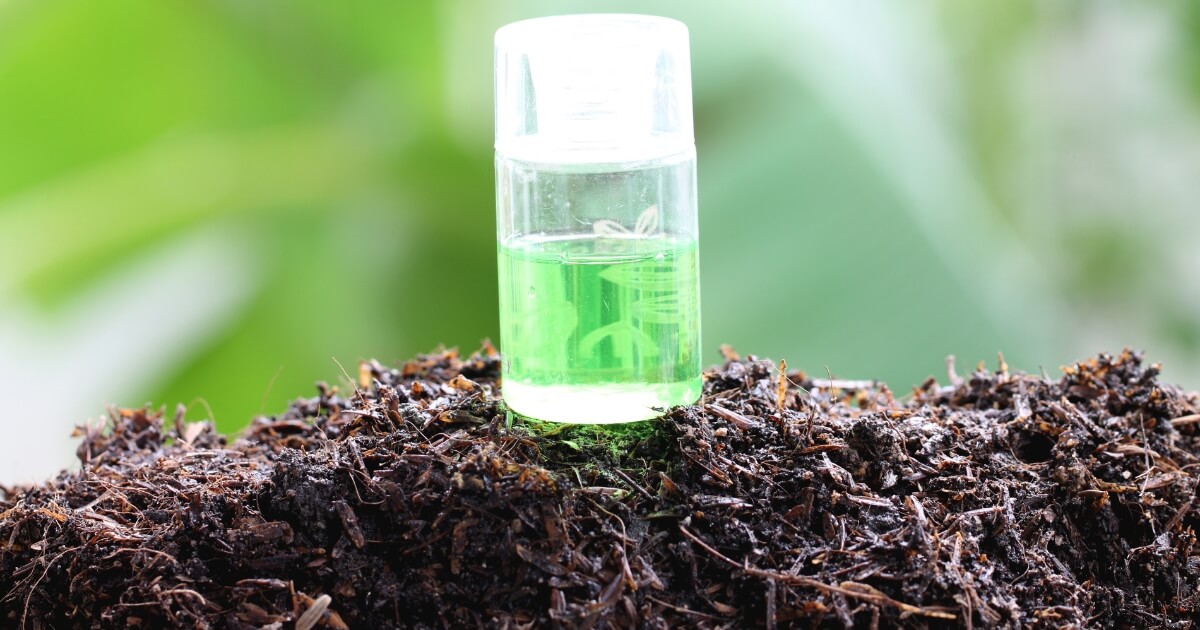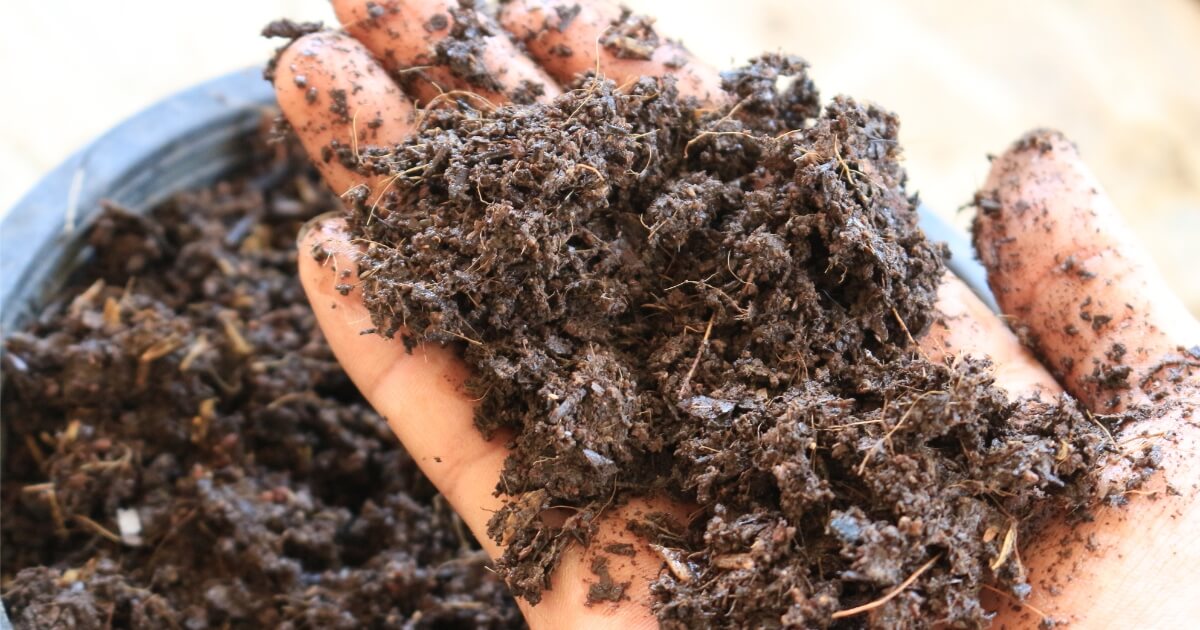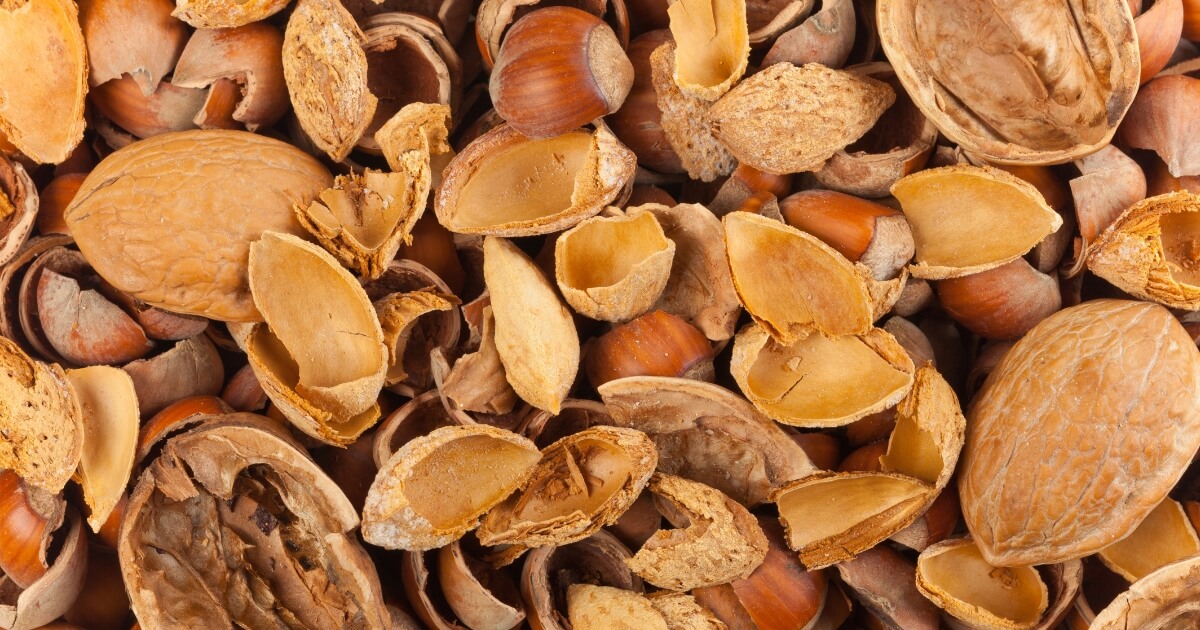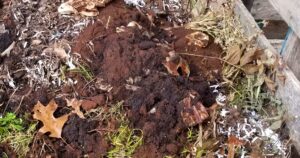You might want to consider two main types: hot and cold composting. The major difference between them? You guessed it – the temperature.
In hot composting, microorganisms work overtime, breaking down organic matter at temperatures that can soar from 120°F to 160°F. This range is important because it’s where the magic happens of rapid breakdown and sanitation of your pile.
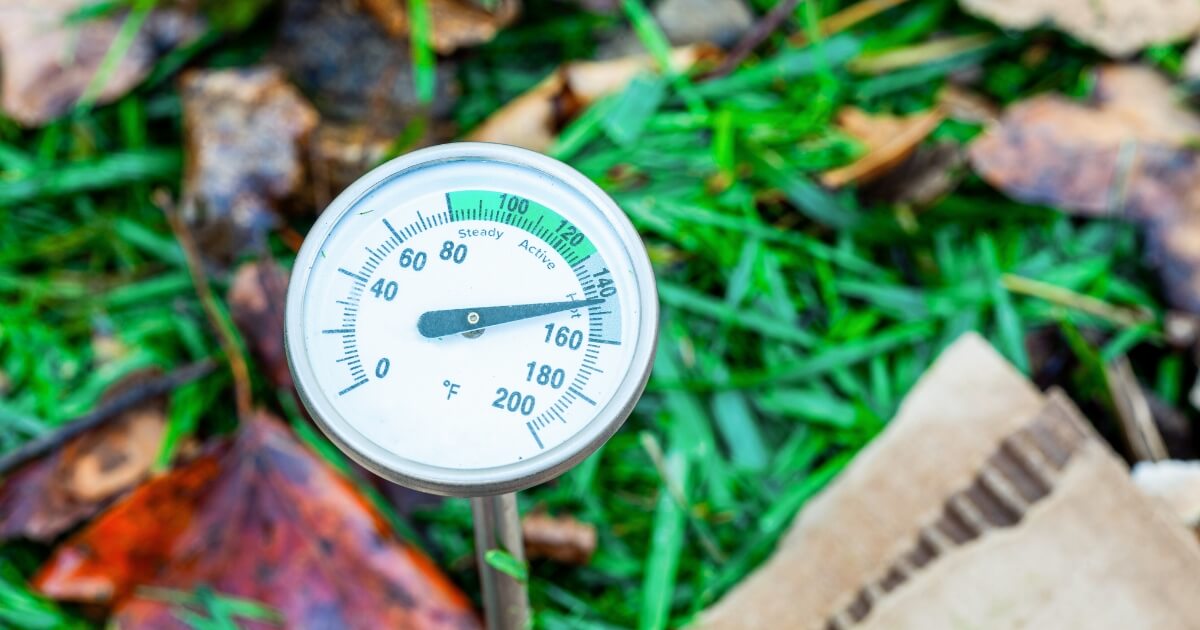
The temperatures in cold composting don’t rise much above your average outdoor temps, rarely above 90°F, which means it’s slower going.
Factors Influencing Temperature
A few key factors are like the ingredients list for perfect compost temperature:
- Compost Size: A bigger pile retains more heat, but the center might get too hot if it’s too large.
- Moisture: Moisture helps regulate temperatures, but too much can cool things down or smother the microbes.
- Aeration: Turning your pile adds oxygen, fueling microbe-powered reactions like stoking a fire.
Environmental conditions such as outside temperature and wind also play their part. On chilly days or winter, your compost pile might need to be covered, while on windy days, you might need to shield it from cooling down too quickly.
Keeping tabs on these factors isn’t just about maintaining heat. It’s about creating ideal conditions for decomposition.
Hot Composting Temperatures
Hot composting needs the right balance of ingredients and conditions to cook up some top-notch compost.
The temperature range for hot composting typically dances between 120°F and 160°F.
This sweet spot is essential because it’s hot enough to break down organic material quickly and kill off unwanted seeds and diseases but not so hot that it starts killing the beneficial microbes doing all the hard work.
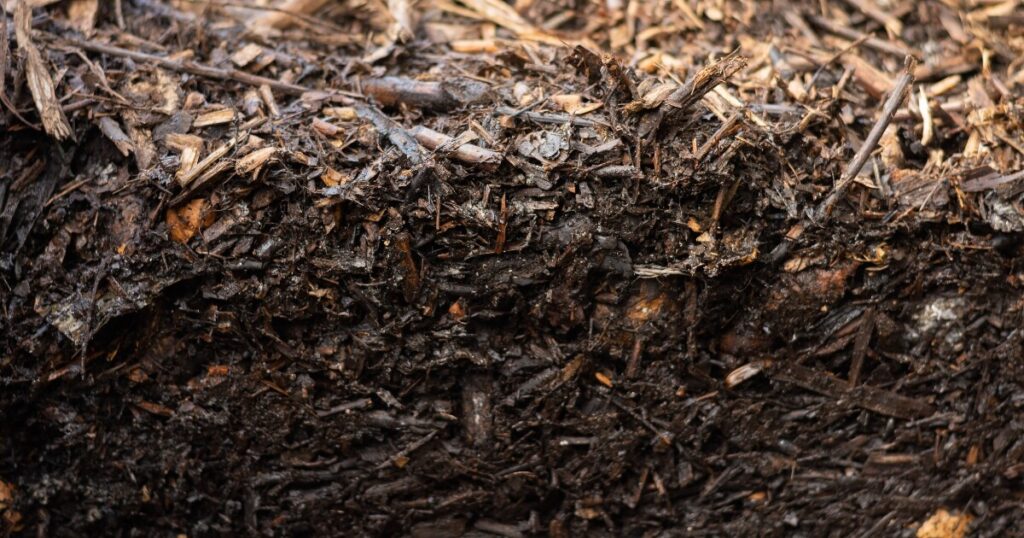
If temperatures climb too high, above 160°F, you risk turning your compost pile into a sterile heap that can’t break down materials effectively. And there is the off chance that your compost pile catches fire in extreme conditions.
Regularly monitoring your pile with a compost thermometer ensures everything decomposes at an optimal pace without overheating. I’ll get to how you can use a thermometer in the management section below.
Cold Composting Temperatures
Cold composting temperatures typically hang out near the ambient outdoor temperature. This cooler environment means microbial activity is less intense than in hot composting. The microbes are still munching away at your scraps, but they’re taking their sweet time.
The lower temperatures mean that cold compost piles break down materials more slowly and don’t usually reach the heat needed to kill weed seeds or diseases.
External conditions can significantly influence cold composting.
For instance, if you’re gardening in a place with chilly winters, decomposition might take a vacation until warmer weather returns.
Conversely, a hot summer can kick things up a notch, bringing your pile closer to those hotter composting temps.
Your pile’s exposure to sun and wind can also affect its temperature. A sunny spot might warm it up a bit, while the wind could cool it down and dry it out faster than you’d like. Managing moisture levels by adding water during dry spells or covering the pile during rainy periods helps keep conditions just right for those hard-working microbes.
Compost Temperature Management
Keeping an eye on your compost’s temperature is not just for the scientifically inclined. It’s as straightforward as using a thermometer in your kitchen.
Using a compost thermometer is your best bet. It’s designed for the job, with a long probe reaching into the pile’s heart. Just stick it in various places to get an accurate sense of what’s happening inside.
For hot composting, where the heat is crucial, you’ll want to check the temperature every few days. This frequent monitoring helps you ensure that your pile doesn’t become too hot or cool off prematurely.
If temperatures dip below 120°F, it’s time to turn up the heat by adding more ‘green’ materials like vegetable scraps or coffee grounds. These nitrogen-rich ingredients are like fuel for the microbes.
On the flip side, if things are getting too hot above 160°F, adding ‘brown’ materials such as dried leaves or straw can help cool things down. These carbon-rich items slow microbial activity and reduce heat.
Aeration is another trick up your sleeve. Regularly turning your pile introduces fresh oxygen and distributes heat evenly throughout, preventing those overly hot or cold spots.
Managing compost temperatures may seem like a delicate dance at times, but getting into the rhythm of these simple practices will keep those microbial decomposers happily growing along in their pursuit of creating rich compost for your garden.
